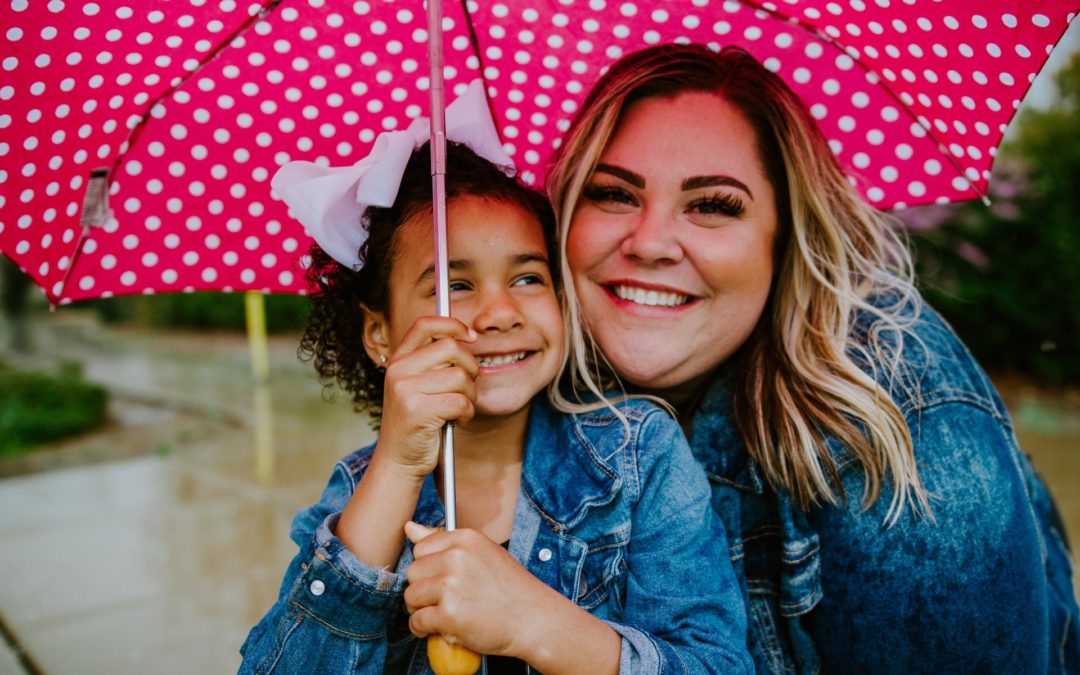The foster care system has over 400,000 children in it in the United States alone, and the number is only increasing with each passing year. Despite the large number of children in need of a home, some states have less than 10,000 beds available to accommodate them all. Because of this, couples who are willing and able to foster children in their homes is crucial to providing these kids with stable, loving homes. Even with foster parents, the children may have trouble adjusting or have trauma they need to recover from; in some cases, the foster homes they end up in are abusive and only add to the trauma.
If you plan on becoming a foster parent, you’ll want to know what to expect throughout the process. Here are a few things to know for those who are considering starting this journey.
Foster care is temporary.
Unlike adoption, fostering a child (or children) is a temporary solution, not a permanent one. You’ll be caring for these children while their birth parents work on showing that they can provide a safe home for their kids. No matter how much you love your foster children, they won’t be staying with you forever unless you hear otherwise.
Treat them as your own.
Giving your foster children the same love and support you’d give your own children is crucial. This includes taking them along on vacations, doing activities with them, playing games with them, and more. Though they’re with you for a short period of time, they need the love only you can provide. A good foster family can be a world of difference to a foster child.
Be patient with the kids, caseworkers, birthparents, and yourself.
Patience will assist in the adjustment process for everyone involved in the case. Your foster children may have traumatic experiences they need to recover from after moving away from their birth home, so the best thing you can do is be there for them and provide a routine to lower anxiety. Likewise, with foster care and welfare laws varying from state to state, a high number of cases, inadequate funding, and poor communication between courts, social workers may have a difficult time doing their jobs. Be patient, as your caseworkers are doing all they can to help you along.
Remember that, though their kids are in the foster care system for a reason, the birth parents and other family members aren’t the enemies here. They’re doing what they can to reunite with their kids, helping them with the reunification process where possible. This can all become overwhelming and frustrating, so be patient with yourself and take care of yourself when you can. It’ll get better—keep in mind why you wanted to foster in the first place.

